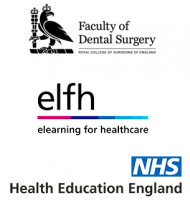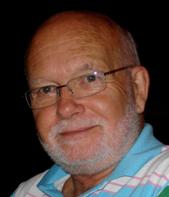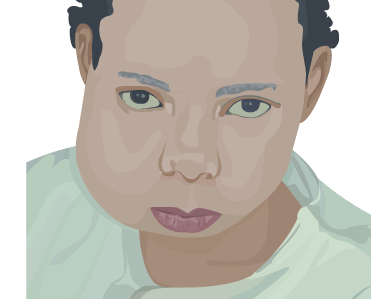Holistic Assessment of the Patient for Oral Health Practitioners



This session looks at holism, i.e. the integration of physical, psychological and social components of health problems. It explores patients’ and dentists’ perceptions of holism and how these influence the presentation of problems, communication, diagnoses and the sharing of management planning.
Learning objectives
By the end of this session you will be able to:
- explain what is lacking in traditional dentistry, and why there is a need for a holistic approach
- describe the holistic approach
- apply the holistic approach to a case study in order to fully understand the patient’s illness
A holistic approach includes acknowledging that traditional dentistry is not the only resource available and trusted by patients. Psychological approaches, social and governmental policy interventions, and complementary medicine, are some of the aspects of a holistic approach.
Before commencing this session you should:
- be familiar with Engel’s biopsychosocial model [1]
For the past ten years Marion has been involved in GP education, both as Programme Director for VTS and Associate Dean for CPD. Her doctorate in Medical Education has highlighted new ways of learning for GP trainees. These go beyond the curriculum and towards education for a holistic approach in primary care. This module has arisen from these studies and others looking at what patients want from their GP. When not engaged in education she likes to climb mountains and sail the seas, not always successfully.


Martin has seen many changes in dentistry during his long career as a practising dentist. He graduated in London, and after working in general practice, entered academia, where he received a PhD. He first started working in resource-poor countries in Mozambique in 1976. He has worked, in a part-time capacity, for the World Health Organisation and many NGOs in Africa and South East Asia. He continues to work as a volunteer in poor countries around the world. He was appointed Dean of the Faculty of Dentistry, University of the Western Cape, South Africa, just before the first democratic elections. He is currently Visiting Professor in the Department of Epidemiology and Public Health, University College London. He also co-ordinates and teaches Master’s degree programmes in Dental Public Health in the Health Sciences Universities in Cambodia and Laos.
- Medical and Pharmacology | Human diseases and medi...
- Posted By eIntegrity Healthcare e-Learning
- Posted Date: 2024-11-06
- Location:Online
- This session will describe rheumatoid arthritis (RA), systemic lupus erythaematosus (SLE) and Sjögren’s syndrome. It will also identify the medications used for each condition and consider the impact of each condition on dental care.
- Medical and Pharmacology | Human diseases and medi...
- Posted By eIntegrity Healthcare e-Learning
- Posted Date: 2024-11-06
- Location:Online
- This session provides an overview of some of the clinically important respiratory challenges you may come across as a dental practitioner.
- Medical and Pharmacology | Human diseases and medi...
- Posted By eIntegrity Healthcare e-Learning
- Posted Date: 2024-11-06
- Location:Online
- This session describes the signs and symptoms that may manifest in patients diagnosed with common renal problems and the relevance of common renal disorders to the delivery of dental care.
- Medical and Pharmacology | Human diseases and medi...
- Posted By eIntegrity Healthcare e-Learning
- Posted Date: 2024-11-06
- Location:Online
- This session will look at the relevance of common neurological disorders to the delivery of dental care by the dental practitioner.
- Medical and Pharmacology | Human diseases and medi...
- Posted By eIntegrity Healthcare e-Learning
- Posted Date: 2024-11-06
- Location:Online
- This session will look at the signs and symptoms of neurological disorders and how the dental practitioner may recognise them.







